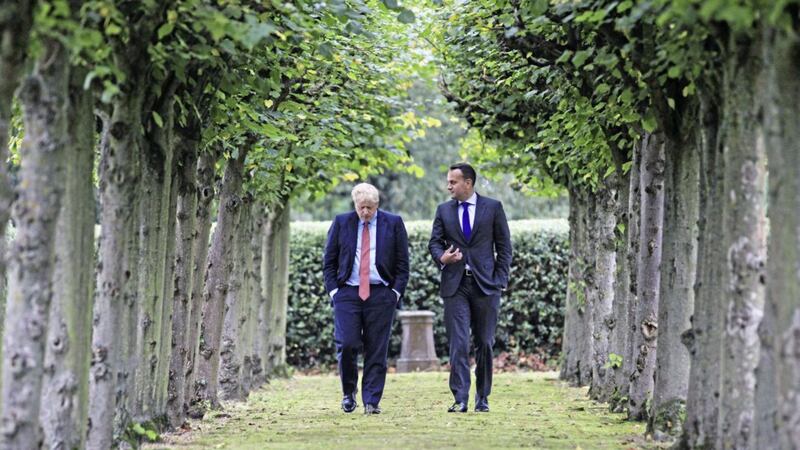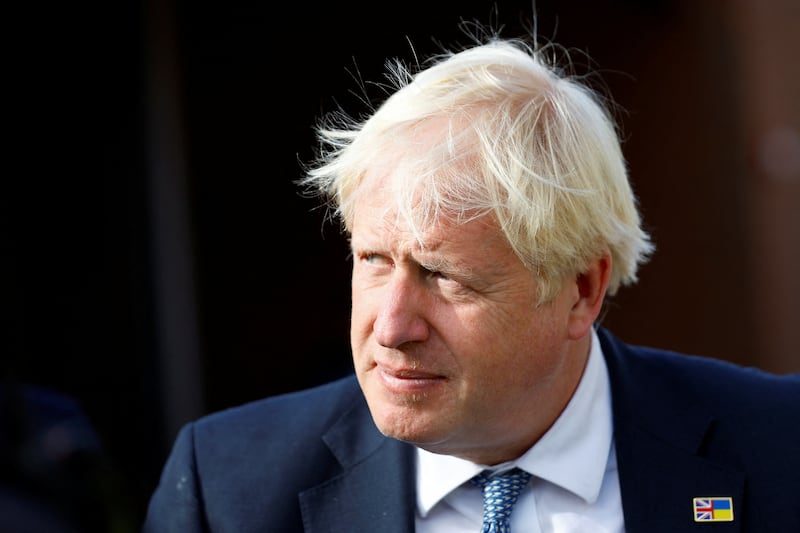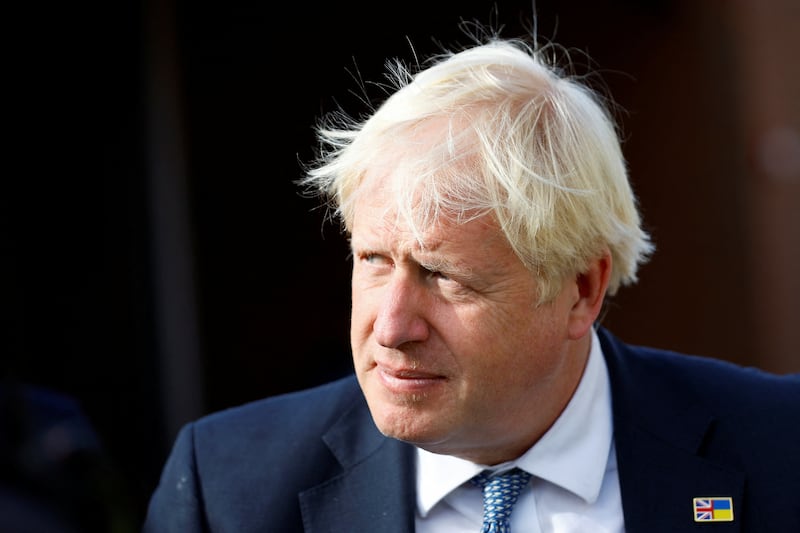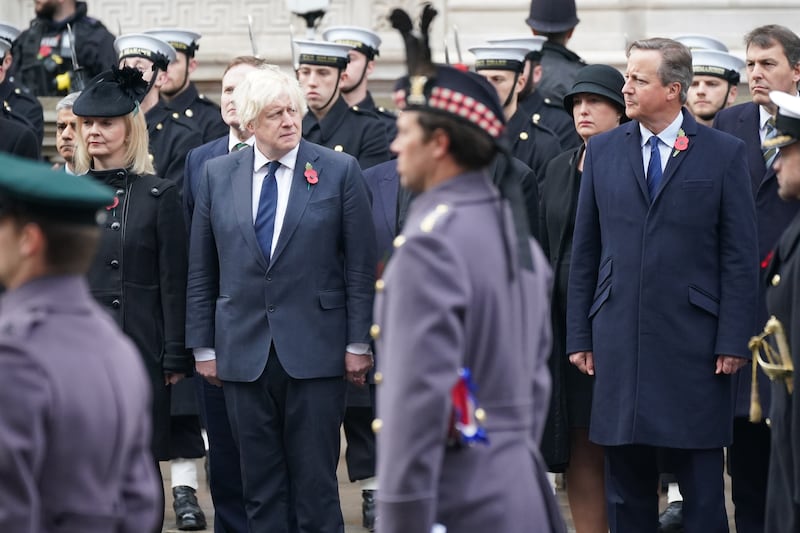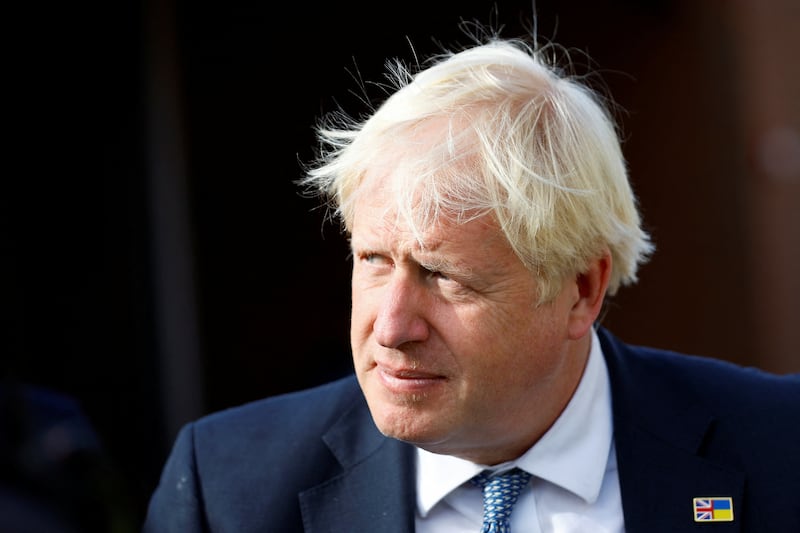THE more extreme critics of Dáil Éireann might describe it as a House of Horrors and its members as monsters: harsh rhetoric indeed.
However, Leinster House does have a rarely-mentioned connection with Count Dracula. Bram Stoker, who created the vampire in his 1897 novel, once lived on the other side of the street. He was born on the northside of the city in Clontarf and moved later to Kildare Street, perhaps after he became a student at nearby Trinity College. There’s a plaque in his memory on the wall of the elegant building he once inhabited.
Bela Lugosi made his name portraying Count Dracula in the 1931 film of that name, while Boris Karloff achieved fame and fortune playing Frankenstein’s monster in a screen adaptation of Mary Shelley’s novel. There is another high-profile Boris in the public arena these days, whose surname is Johnson. He doesn’t act the monster but sometimes plays the fool.
If you haven’t seen it already, you should go online and check out the car-crash interlude in a speech he gave to the Confederation of British Industry last week. The pages in his script must have gotten mixed up because he lost his place and shuffled through his notes for 20 seconds, repeatedly saying “Forgive me” to his well-heeled audience.
As the saying goes: “It could happen to a bishop.” But then he seemed to abandon the script and started describing a visit the previous day to Peppa Pig World, a theme park which he described as “very much my kind of place”. He praised it as a highly-successful business initiative which was a legitimate point to make, but the episode still damaged the prime minister’s standing.
Springing surprises is something of a Boris Johnson specialty. Remember the “Walk on the Wirral” in October 2019 when himself and then-Taoiseach Leo Varadkar cut a deal whereby Northern Ireland would remain in the customs territory of the European Union as well as the United Kingdom market. The protocol and its accompanying “sea-border” have become the focus of major controversy in unionist and loyalist circles where they are seen by many as a threat to the union between Northern Ireland and Britain.
However, Councillor John Kyle of the Progressive Unionist Party has argued in an article on the Let’s Talk Loyalism website and during an appearance on BBC’s ‘The View’ that there are benefits as well as problems with the protocol.
Dr Kyle points out in his article that businesses in the north will have the best of both worlds because they “will be able to export goods to the EU market without regulatory checks or tariffs imposed on other British businesses and export goods to GB without the regulatory checks and tariffs imposed on other EU businesses”.
He continues: “These economic advantages offer a compelling argument for the maintenance of the status quo, in other words Northern Ireland remaining within the UK.”
He has a point: maybe advocates of Irish unity should be the ones campaigning against the protocol instead of unionists and loyalists.
Meanwhile in the south, yet another opinion poll has Sinn Féin well ahead of its rivals on 33 per cent, with Fine Gael at 22 points and Fianna Fáil on 15 per cent. The more interesting aspect of the RedC survey published in the Business Post last Sunday is the response to questions about Irish unity.
Between November 19 and 25, a random sample of 1,001 adults were asked whether they would vote for a united Ireland “if a referendum was held today”. Sixty per cent said they would, 25 per cent wouldn’t and 15 per cent didn’t know.
All fairly predictable, but when asked would they still support unity if it probably meant paying higher taxes, the No vote went up to 43 per cent, with 41 per cent still voting for a united Ireland and 16 per cent undecided.
Only 35 per cent would replace ‘Amhrán na bhFiann/The Soldier’s Song’ with a new national anthem in a 32-county state and a mere 23 per cent would be willing to rejoin the Commonwealth in order to facilitate Irish unity. As for replacing the Tricolour with a different flag, only 27 per cent would approve.
You can’t help thinking of the fellow in a bar who will accept a drink if it’s paid for by someone else but not if he has to shell out for it himself. Freedom has its price.
Email: Ddebre1@aol.com; Twitter: @DdeBreadun
